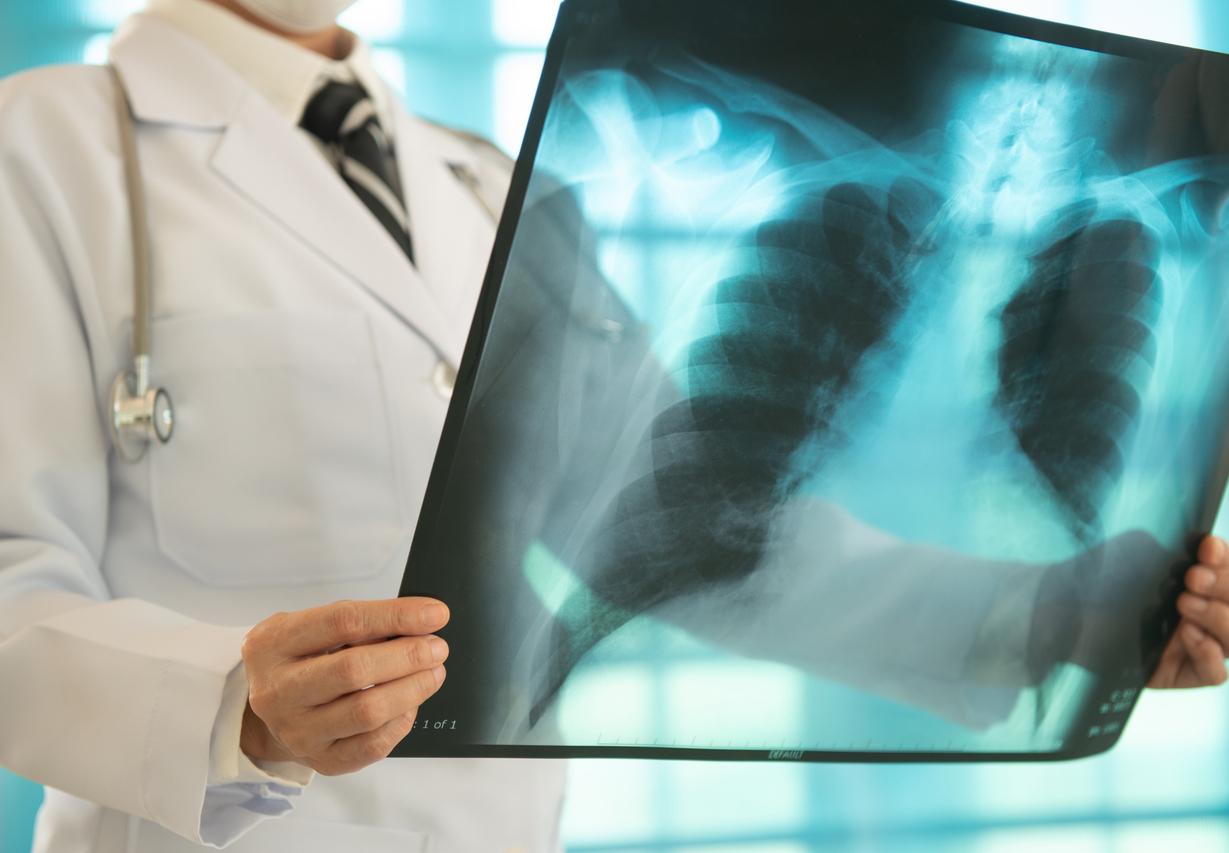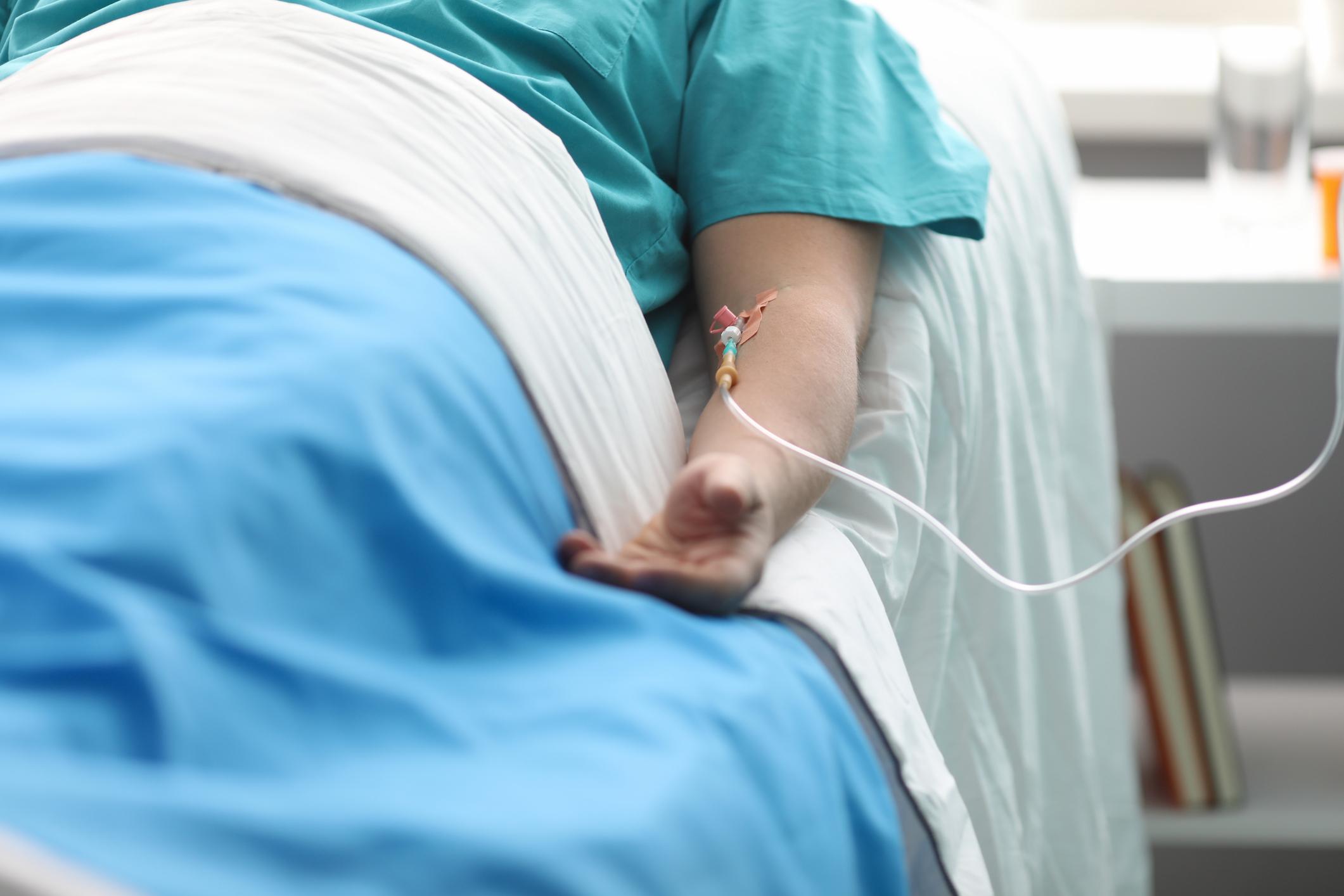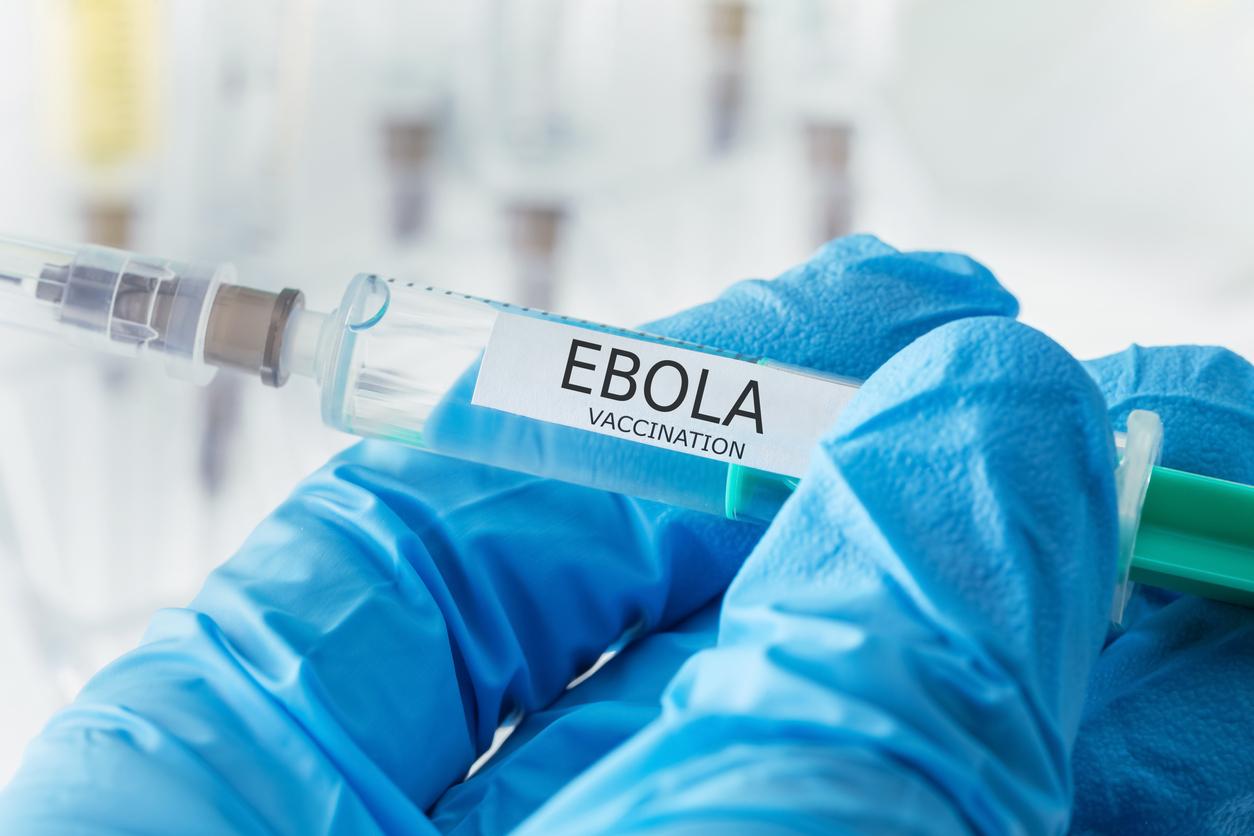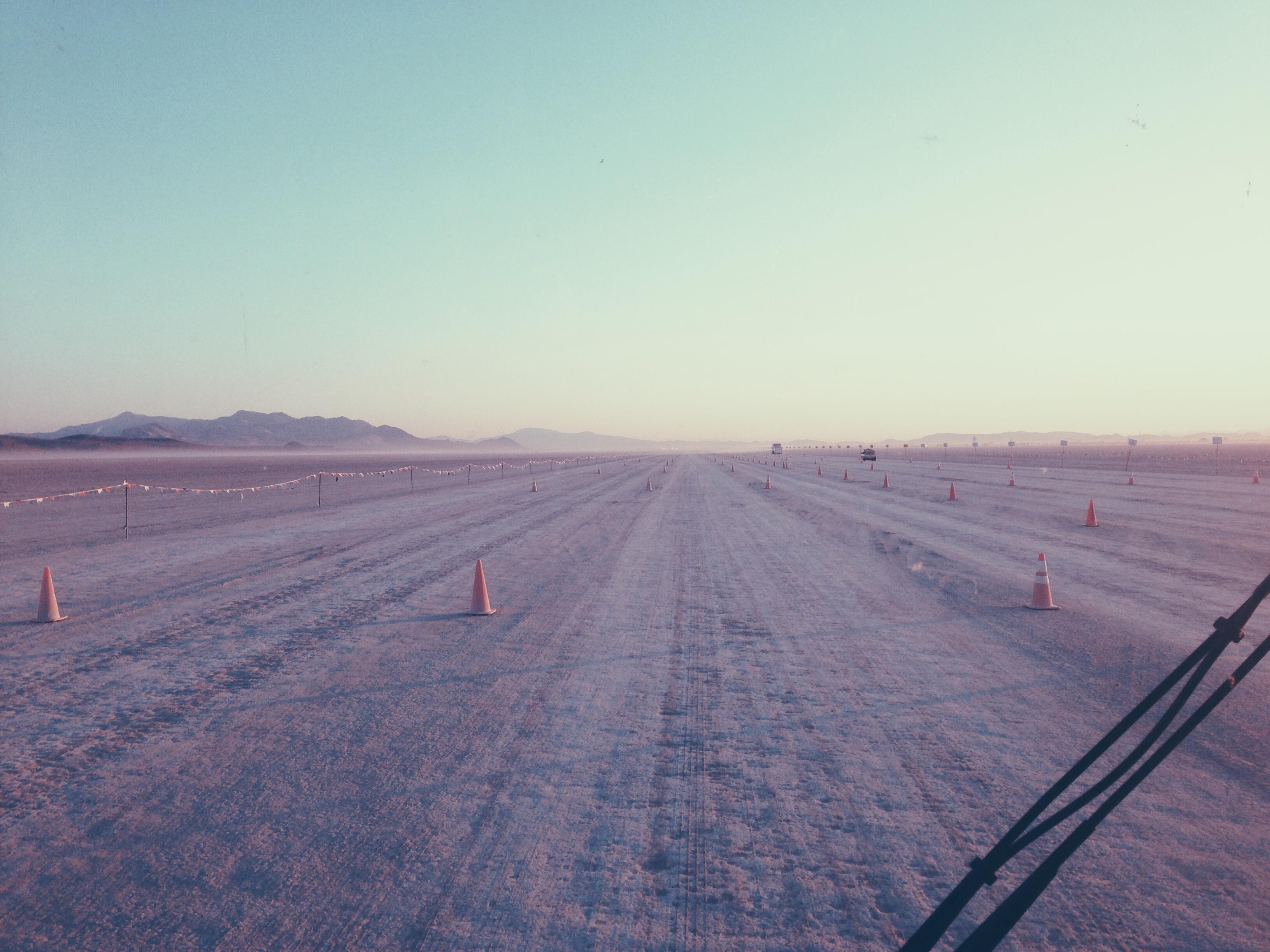During the Ebola epidemic in West Africa, the number of teenage pregnancies has skyrocketed. At issue: the increase in rape and sexual assault.

As the virus – responsible for 11,300 deaths – gained ground in Liberia, Guinea and Sierra Leone, the number of rapes and sexual assaults on adolescent girls has jumped. According to one study published in the United Nations Development Program (UNDP), teenage pregnancies increased by 65% in parts of Sierra Leone during the epidemic. This number has almost doubled in the affected regions, according to other work carried out by Unicef with several NGOs.
During the health crisis, thousands of men and women remained in quarantine. And to survive, young orphans would even have married older men. Exchange of sex for food, blackmail, sexual abuse, unprotected intercourse, unsupported pregnancies… A new emergency is affecting women in the region.
Containment singled out
For the magazine Slate, this increase in rapes is not a “coincidence”. Epidemics such as Ebola make women and children more vulnerable. “Epidemics are the same as conflict situations. You have a governance gap, you have chaos and instability. These are all factors that weaken women in the face of gender-based violence, ”explained to Slate Monica Onyango, researcher at Boston University. Containment, curfews, quarantines … All these measures supposed to eradicate the spread of a virus also multiply the risk of rape. As the story goes Slate, during the epidemic, football matches, bars and places regularly frequented by men were closed, forcing them to remain in quarantine, “hence the outbreaks of violence and rape in these homes”. In study conducted by the NGO Save the Children in Sierra Leone, among the 617 young girls reporting sexual assault, most of them were assaulted during quarantine.
Another worrying fact is that some girls, supposed to provide for their families, have allegedly exchanged food for sex. “They are children, but they must ensure their subsistence, explains to the magazine. Slate Marie Harding of Star of the Sea Medical Center in West Point. Ebola killed their parents, and they must do what it takes to make ends meet. The NGOs present during the epidemic would not have had the means to manage cases of sexual violence. As Kaci Hickox, a nurse from Médecins Sans Frontières (MSF) explains, they were “absolutely not trained to deal with rape (…) the scale of the epidemic was too great. All the humanitarians were more than overwhelmed ”.
A new health crisis to manage
The epidemic leaves the regions in peace, as Liberia and Guinea have entered a period of heightened surveillance after releasing their last patients on May 2. But another health problem is rife: educational inequalities are growing. In Liberia, young pregnant women are not allowed to go to school during the day. They therefore have to work, pocketing a pittance. As reported Slate, only a handful of establishments agree to receive these students, expelled from the school system because their pregnancy “was too visible”.
In addition to the social inequalities caused by these pregnancies, the health of young mothers is also in danger. Very rarely followed by gynecologists, the latter are heavily exposed to complications related to pregnancy such as the risk of miscarriage, infant mortality, etc.
.













